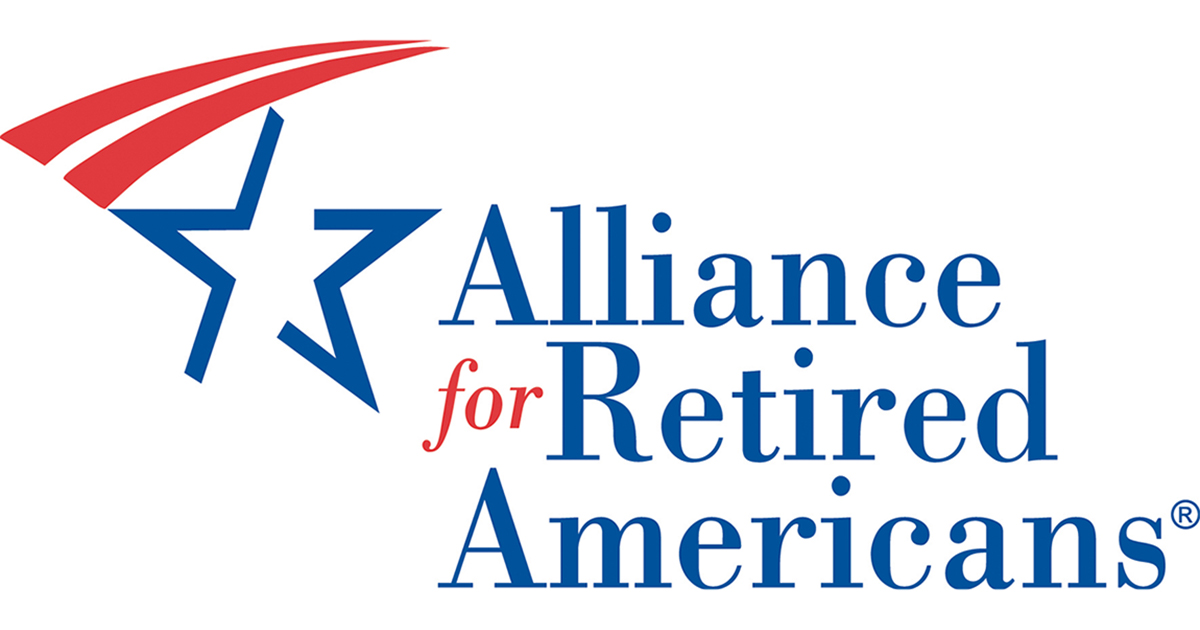May 12, 2006
Resolution Pension and Retirement Savings Protections
|
Adopted September 6, 2002, |
|
Whereas the retirement security of millions of retired and working Americans has been threatened by dramatic fluctuation in the stock market and the collapse and bankruptcies of corporations like Enron, WorldCom, Adelphia, and Tyco; andWhereas hundreds of thousands of retirees and workers, including many Alliance members, have lost their 401(k) retirement savings because of corporate corruption and improper auditing and accounting practices; and Whereas many retirees and workers who had investments in 401(k) plans were unable to reallocate their assets because of lockdowns and other barriers while the value of their savings declined. In addition, corporate executives were touting the stock of their companies while simultaneously selling their own shares; and Whereas many retirees and workers have 401(k) plans that have a very high percentage invested in the stock of the company where they worked or are working. Therefore, a decline in the price of the one stock can seriously undermine retirement security; and Whereas defined benefit pension plans are insured with guaranteed benefits while defined contribution retirement savings plans have no such protection; and Whereas a major factor in the threats to retirement security has been the trend over the last twenty years to replace defined benefit pension plans with unprotected retirement savings plans such as 401(k) plans; and Whereas this growth in retirement savings plans at the expense of defined benefit pension plans has led to retirees and workers facing much more risk in their retirement incomes; and Whereas a growing number of employers with traditional pension plans are freezing benefits particularly for young employees or are not offering its pension plan to new hires; and Whereas conversions from traditional defined benefit plans to cash balance pension plans can have a negative impact on older and long-tenured employees, a group that is least able to make up for any losses because of their proximity to retirement; and Whereas the Pension Benefit Guaranty Corporation’s (PBGC) ability to insure pension plans and pay benefits has been compromised by corporate bankruptcies; and Whereas nearly half of full-time workers in the private sector have no retirement plan whatsoever. This situation has created the potential for economic hardship by millions of Americans during their retirement years; and Whereas automatic enrollment in workplace retirement plans can increase participation as much as six-fold; and Whereas the Savers Tax Credit created in 2001 provides tax incentives for savings, although it does not help lower-income families who do not owe taxes; and Whereas efforts to balance budgets have often prompted state and local governments to reduce or freeze their contributions to employee pension plans, or even raid plan assets, thereby putting the retirement security of public employees at risk; and Whereas politicians in states such as Alaska, California, Colorado, Michigan and others have embarked on a nationwide campaign to eliminate defined benefit pension plans in the public sector in favor of defined contribution plans that shift primary responsibility for retirement security to employees. Therefore, be it resolved that the Alliance for Retired Americans believes:
|


